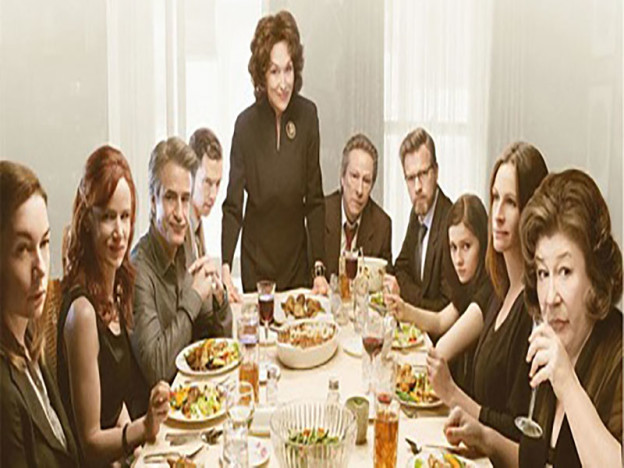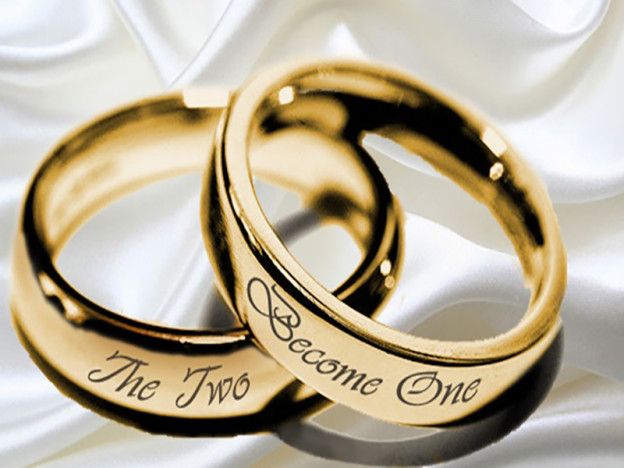I want to shop at Lowe’s! With all the recent (negative) publicity and threat of a boycott, the rebel in me wants to buy just in spite (wrong attitude I know). If you haven’t heard already, Lowe’s Home Improvement pulled advertising from TLC’s All-American Muslim reality show. Polarizing organizations on both sides of the debate are fuming. The Florida Family Association takes credit for the retailer’s advertising yank. Pro-Islamic organizations such as the Muslim Public Affairs Council are crying foul as they yell, “Boycott Lowe’s!” The MPAC is actually threatening legal action. Even more crazy – California Senator Ted Lieu informed the Associated Press that he is considering legislative action if Lowe’s doesn’t apologize to Muslims and reinstate its advertising with All-American Muslim. Makes me wonder, “Where’s my Senator when I get offended?” Where’s Ted Lieu when California Christians are offended? This whole deal is way over the top! Some folks here ought to sit in time out!
Boycotts do not work! Historically these benign efforts do nothing but fuel a retailer’s receipts. It’s actually great advertising since people seem to love controversy. Regardless of whether it’s termed good or bad press; it’s all press. Lowe’s should actually cut a check to MPAC and FFA for an outstanding marketing scheme. Additionally, advertising dollars are the sole responsibility of the retailer. Lowe’s alone is responsible on how their advertising budgets are spent. No state or national government has the right to dictate advertising campaigns or venues!
To be totally upfront, the All-American Muslim reality show is poor entertainment. I’ve watched an episode. I found the context to be less than authentic. The characters in the reality show are Muslim by culture, not by faith – it’s an identity tag. What I did find offensive in the episode I previewed was the pressure placed on a Catholic fiancé to convert to Islam in order to be accepted by his nominally Muslim future family – a classic example of proselytizing and coercion.
I’d liken the All-American Muslim reality show to an imaginary All-American Christian reality show. The cast would be made up of people who would claim to be Christian and yet rarely attend church – noticeably absent from any meaningful Christian community. Maybe they went to church at some point or attend Church at Christmas and Easter – an attendance based on tradition rather than conviction. The real problem here – there’s no demonstrated evidence of conversion, change, or commitment in terms of faith or in the following of Jesus Christ. These so called All-American Christians actually refute faith and experiment in questionable behaviors while living self-absorbed lives. That scenario would not be a true representation of genuine faith – the Christian faith. Christianity is about surrender, abandonment, commitment, faith, trust, repentance, life, love, generosity, peace, and grace – it’s about following Jesus Christ.
The All-American Muslim is basically a public relations attempt to marginalize or soften the “typical” non-Muslim American’s perspective on Islam. It’s an attempt to simple say, “We’re just like you!” The biggest problem here is that story line – it’s a false view of Islam. This is a show depicting marginal or nominal Muslims to put the American conscious at ease. I guess with the show’s poor quality and dismal performance we don’t have to endure much longer this option on TLC’s program lineup. That’s the best news of all in this story line.





This is interesting. We ourselves have been boycotting Home Depot for their funding of the gay agenda. I have been following American Family Radio for years and have been actively involved in boycotting and writing to companies that trample Christian values. And it HAS worked- we have heard from companies who have reversed decisions because it has hurt their bottom line.
Thanks for commenting. For me, I’m just not sold on the employment of boycotts either for long-term or short-term efforts. It seems that sometimes people forget the issue, but often remember the action. I remember back in the late 1990s when the Southern Baptist Convention voted to boycott Disney. I know a lot of Baptists that simply went to the store and bought hats and sunglasses to hide their Baptist identity as they frequented the theme parks. I think if you asked the average Baptist about the boycott they’d remember it, but they perhaps wouldn’t remember the reason why. We’ve become a people known for disagreement. I really want to create venues for which people will remember what we believe. Maybe my issue with boycotts is because I don’t really appreciate the “I’m going to pick up my marbles and go play somewhere else” mindset. That’s just me. 🙂
I’ve really struggled on where we draw the line on boycotts too. We import and consume goods produced in China (perhaps the greatest violator of human rights), yet don’t boycott retailers like Wal-Mart that stock their shelves with merchandise stamped “Made in China.” We import and consume coffee grown and harvested with slave labor in South America, yet we don’t boycott Kroger, Martin’s, or other retailers like Starbucks or Dunkin Donuts that carry these beans on their shelves. Personally, and I know this is a generalization, but we’d probably be shocked at the business agendas/strategies of many entities in corporate America. This would include anything from greed, diversity policies, deceptive sales practices, misleading benefits, mislabeling products, gross health violations, and the list goes on and on. Part of me asks how can I boycott one if I don’t boycott them all.
I think we need to become more creative than boycotts to get a message across. Specific is this example with Lowe’s and its perceived monetary impact on the organization. The Islamic population continues to increase steadily in America. There is great solidarity in its community and their influence is growing. By sheer numbers, solidarity, and community sympathy, they could potential have a significant impact on other organizations. Here’s the reality check, there are more Muslims in Houston, Texas, than there are Methodists. It’s a verifiable fact. In some communities across America, Muslim interests have the clout and ability to go head to head with any Christian or civic organization and succeed in their pursuit. There’s another game in town and that makes it hard when they know your game plan and choose to utilize similar tactics. We must be wise; these are unprecedented times.
It really worries me about the more and more Muslims moving here. How are they going through the proper documentation to come here? I doubt it. America is a christian nation and I do not want that to change. Af far as the boycotts, I do see your viewpoint. I am so upset with just about everything coming from China. I do not trust them in how they manufacture their products. Our Congress should do something about China and American companies should not have their products made in China. Make them here in the USA!
I agree with you about boycotts in certain cases. I have been to Disney even though I do not agree with them in having a Gay Day at their parks. As far as Walmart and other stores having almost all of their products from China, I do not like it at all. Our Congress needs to enact legislation to stop it. Our companies need to stop having their products made over in foreign coutnries to save costs. They should be produced here in the USA. Americans need jobs. I will pray about this matter.